










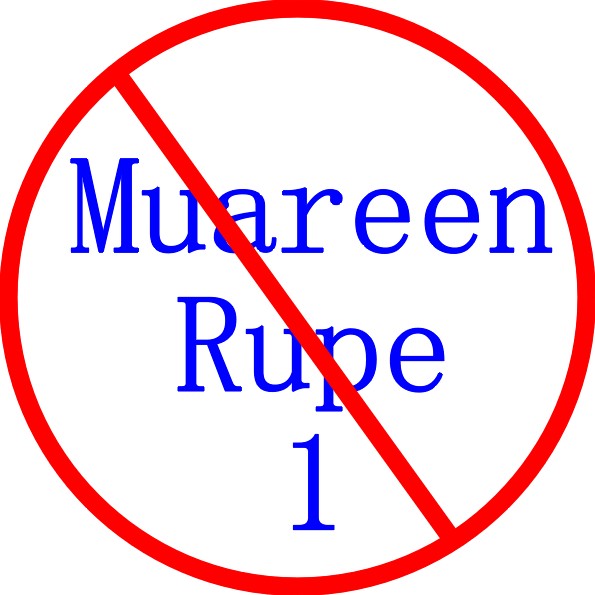
| 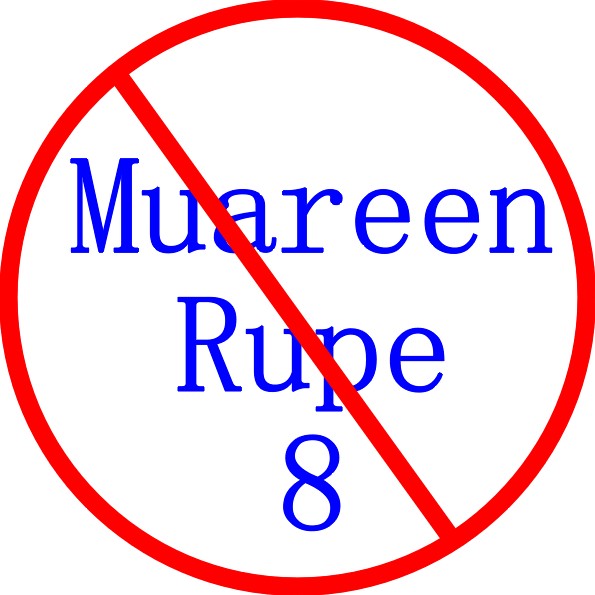
A Comparison
Paid political advertisement. Paid for by Linda McKinney 6025 Keystone Ave. Port St. John, FL 32927 No
candidate approved this advertisement.
Paid electioneering communication paid for by Linda McKinney 6025 Keystone Ave. Port St. John, FL 32927 (Section 106.1439, F.S.)
Paid political advertisement. Paid for and approved by Linda McKinney 6025 Keystone Ave. Port St. John, FL 32927
"By working together with a common goal
of improving our air, water and lands, we can maintain our property values and quality of life,
while supporting a sustainable level of healthy growth."
-- Maureen Rupe on her "About Me" page.
"Sustainable growth
is not a new concept; in fact it is one of the basic tenets of good planning.
We have a responsibility to our residents to make sure we do not allow overdevelopment to exceed the capacity of
the area’s economic or natural resource support systems.
-- Maureen Rupe on her "Sustainable Growth Management" page.
"One example of a negative impact on our environment
is the state of our air in north Brevard."
-- Maureen Rupe on her "Environmental Impacts" page.
"As there are parcels of land throughout the county
that meets distinctive needs of our environment and is irreplaceable. The EELS program acquisition manual has a provision
for purchases of above appraisal lands."
-- Maureen Rupe on her "Videos on Important Topics" page: Land Acquisition video.
"President, Brevard Partnership for a Sustainable Future (2002 – Present)
- Elected by Members
- A coalition of support and networking. Groups include Barrier Island Protection
and Preservation Society, Cocoa Beach Citizens Action Committee, Florida Native
Plant Society, Conradina & Sea Rocket Chapters, Friends of the Scrub, Healthy
Planet of Brevard, League of Women Voters of the Space Coast, Marine Resources
Council, Save the Manatee Club • Surfrider Foundation, SAVE the St. Johns River,
Sea Turtle Preservation Society, Sierra Club Turtle Coast Group, Space Coast
Paddlers, Space Coast Audubon Society, Space Coast Progressive Alliance, The
Friends of Enchanted Forest, Inc, Brevard Nature Alliance, Friends of the Carr
Refuge, and Individual Members
- Florida Nonprofit Corporation which Serves as a Coalition of Diverse Groups
Devoted to Establishing and Maintaining an Economically and Environmentally
Sustainable Future for Brevard County.
Marine Resource Council Board of Directors (2004 – Present)
Land Clearing, Landscaping, and Tree Protection Task Force (2005 - 2006)
- Appointed by District 5 County Commissioner Jackie Colon
- Year-long Review of Land Clearing, Landscaping, and Tree Protection Ordinances,
for Recommended Changes, and Combining Ordinances into One Ordinance
Brevard County Land Development and Procedures Committee (2003 - Present)
- Appointed by District 1 County Commissioner Truman Scarborough
- Revision of Land Development Ordinances and Policies
Space Coast Women League of Voters
- Board of Directors (2000 - Present)
- Chair, Natural Resources Committee (2000 - Present)
Audubon, Space Coast Chapter
- Board of Directors (2007)
- Member (2000 - Present)
Sierra Club, Turtle Coast Chapter
- Board of Directors (Feb. 2007)
- Member (2000 - Present)"
-- Maureen Rupe on her Resume.
"Maureen Rupe, who volunteers with the Marine Resources Council,
pointed to septic tanks, power plants and shoreline growth as issues that must be addressed if the lagoon is
to be protected."
-- Maureen Rupe quoted in the Indian River Lagoon Update, Spring 2007 edition
"This is probably the last chance we have to save the remaining sensitive lands."
-- Maureen Rupe in note to Partnership for a Sustainable Future members, posted on the Audubon Society's public bulletin board.
"I wrote the following Privatization of Water article for the League of
Women Voters newletter and I am passing it on to you for your information.
'Privatization of Water in North Brevard'
'Water is a commodity that must be owned by the people to ensure equal access for all.
In states like Colorado that have privatized water, it can be bought and sold on the free market like any other commodity.
We cannot allow water to be relocated to where it is most valued (or to those who can pay the most).'"
-- Maureen Rupe in an article written for the League of Women Voters, sent to the Audubon Society's public bulletin board.
The following excerpts are from the Monthly Review, July-August, 1995, article by John Bellamy Foster,
"Marx and the environment".
and were found on the BNET Business Network.
Where a group of words are used as a link, that means that it is the same article, just on a different page of that
article. Where there are no closing quotation marks that means that the paragraphs followed each
other successively. The complete quote does not close until the closing quotation marks.
"The realization of these conditions,
Marx recognized, necessitated a radical transformation in
the human relation to nature. With the elimination of private ownership of land and the development of a
society of freely associated producers, global sustainability in the relationship to nature would become
feasible for the first time. Pointing to the imperative of protecting the globe for future generations Marx stated:
"From the standpoint of a higher economic form of society, private ownership of the globe by single
individuals will appear quite as absurd as private ownership of one man by another. Even a whole society, a nation,
or even all simultaneously existing societies together, are not the owners of the globe. They are only its possessors,
its usufructuaries, and like boni patres familias [good fathers of families], they must hand it down to succeeding
generations in an improved condition.
"It was the proper purpose of agriculture,
Marx argued, "to minister to the entire range of permanent
necessities of life required by the chain of successive generations" - in contradiction to "the whole
spirit of capitalist production, which is directed toward the immediate gain of money." There was thus
a direct conflict between capitalism's short-sighted expropriation of the earth's resources and the
longer term character of truly sustainable production. Economic advance in a society of freely associated
producers, Marx insisted again and again, would have to occur without jeopardizing the natural and global
conditions upon which the welfare of future generations would depend. This is precisely the definition now
given to the concept of sustainable development, most famously in the Brundtland Commission report, Our
Common Future, which defined it as "development that meets the needs of the present without compromising
the ability of future generations to meet their own needs."
"Although Marx did not concentrate on the ecological critique of capitalism in his
writings - no doubt because he thought that capitalism would be replaced by a society of freely
associated producers long before such problems could become truly critical - his allusions to
sustainability indicate that he was acutely aware of the ecological depredations of the system.
Central to his concerns in this respect was the effect of capitalist industrialization on the
degradation of the soil. The best known passage in this regard, from Capita vol I., is to be
found in the section on "Large-Scale Industry and Agriculture," which constitutes the final,
culminating part of Marx's key chapter on "Machinery and Large-Scale Industry" (on the effects
of the Industrial Revolution). There Marx argues that[:]
"'All progress in capitalist agriculture is a progress in the art, not only of robbing
the worker, but of robbing the soil; all progress in increasing the fertility of the soil for a
given time is progress towards ruining the long-lasting sources of that fertility. The more a
country proceeds from large-scale industry as the background of its development, as in the
case of the United States, the more rapid is this process of destruction. Capitalist production,
therefore, only develops the techniques and the degree of combination of the social process of
production by simultaneously undermining the original sources of all wealth - the soil and the worker.(13)"
"For Marx "the rational cultivation
of the soil as eternal communal property" was "an inalienable
condition of the existence and reproduction of a chain of successive generations of the human race."(14)"
"Marx and Engels did not confine their discussions of ecological limits to the issue
of the soil, but also explored numerous other issues of sustainability, in relation to forests,
rivers, and streams, the disposal of waste, air quality, environmental toxins, etc. "The development
of culture and industr-y in general," Marx wrote, "has ever evinced itself in such energetic
destruction of forests that everything done by it conversely for their preservation and restoration
appears infinitesimal." With regard to industrial waste, he argued for "economy through the prevention
of waste, that is to say, the reduction of excretions of production to a minimum, and the immediate
utilization of all raw and auxiliary materials required in production."(15)"
"Indeed, since the roots of the global environmental crisis
are to be found not in nature, but in
society, Marx and Engels may have much more to teach us today about what is necessary in order to
address the ecological problem than what can be learned from Marsh."
"Today radical ecologists see things differently only in the sense that it is now
understood that global ecological destruction will play a central role in capitalism's end game.
We are for the first time in human history confronting the problem of ecological survival on a
planetary scale - a problem that nineteenth-century thinkers, Marx and Engels included (though
Marsh might be considered an exception to this), could scarcely have imagined."
Footnotes:
(13.) Marx, Capital vol. I, pp. 637-38.
(14.) Marx, Capital vol. III, pp. 121, 812-13; Ronald Meek, "Introduction," in Marx and Engels, Malthus (New York:
International Publishers, 1954), pp. 13-14, 28-31. For a brilliant analysis of the contributions of Liebig and
Marx to the critique of capitalist agriculture see Kozo Mayumi, "Temporary Emancipation from Land: From the
Industrial Revolution to the Present Time," Ecological Economics 4, no. 1 (October 1991), pp. 35-56.
(15.) Marx, Capital III, pp. 101-03; Marx, Capital vol. II (New York: International Publishers, 1967), p. 244.
Paid political advertisement. Paid for by Linda McKinney 6025 Keystone Ave. Port St. John, FL 32927
No candidate approved this advertisement.
Paid electioneering communication paid for by Linda McKinney 6025 Keystone Ave. Port St. John, FL 32927 (Section 106.1439, F.S.)
Paid political advertisement. Paid for and approved by Linda McKinney 6025 Keystone Ave. Port St. John, FL 32927
The "Just Say NO to Maureen Rupe" pages!
Now available:

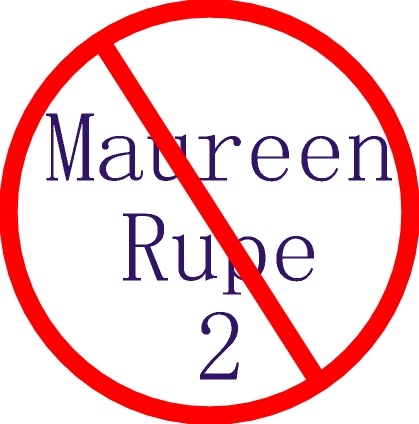
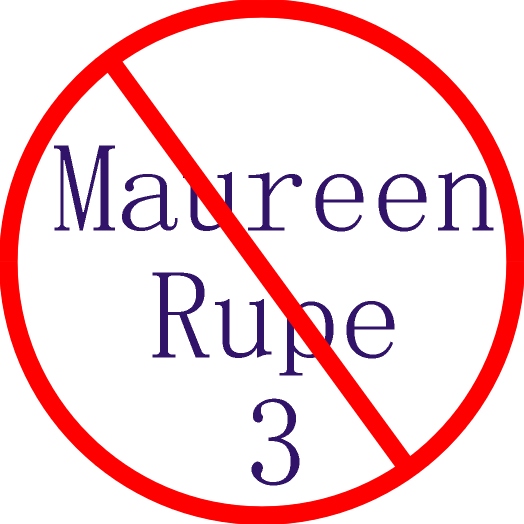
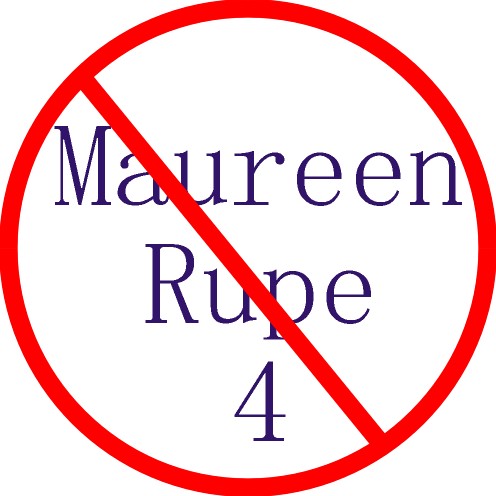
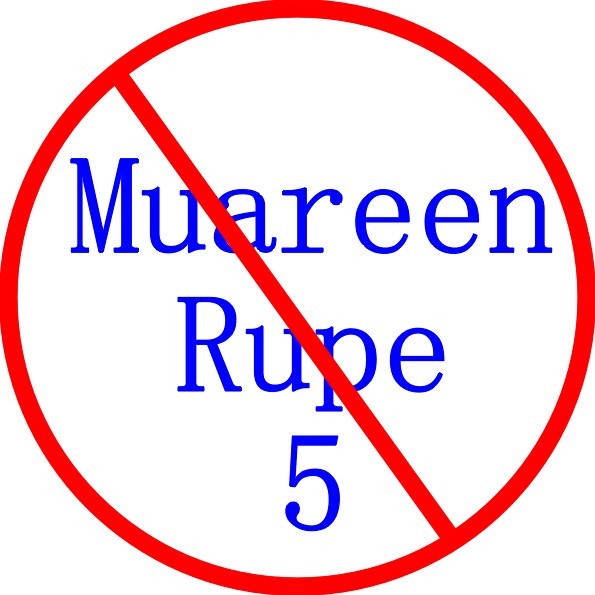
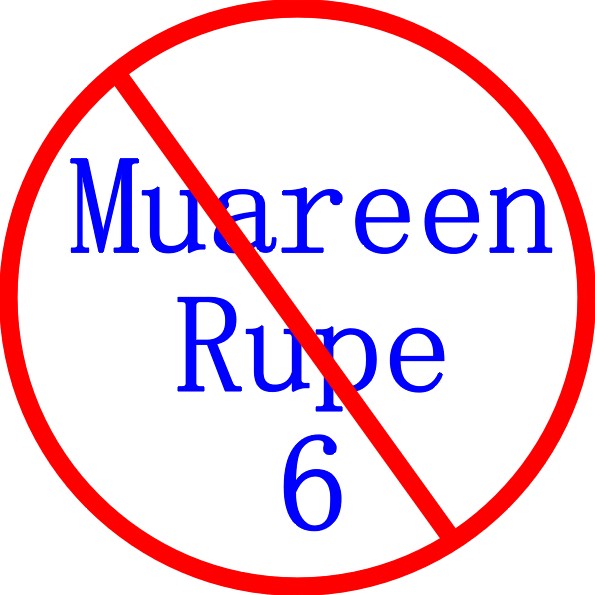
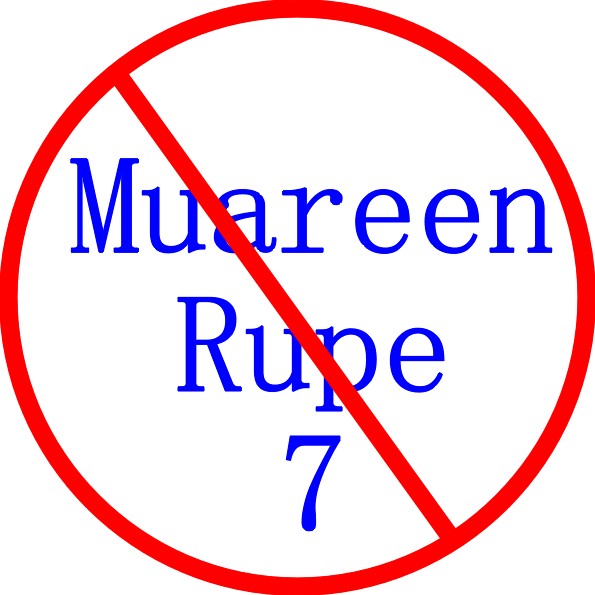
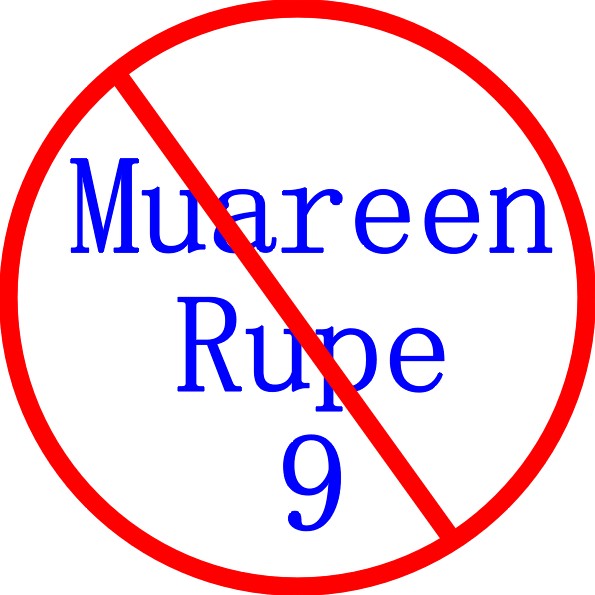
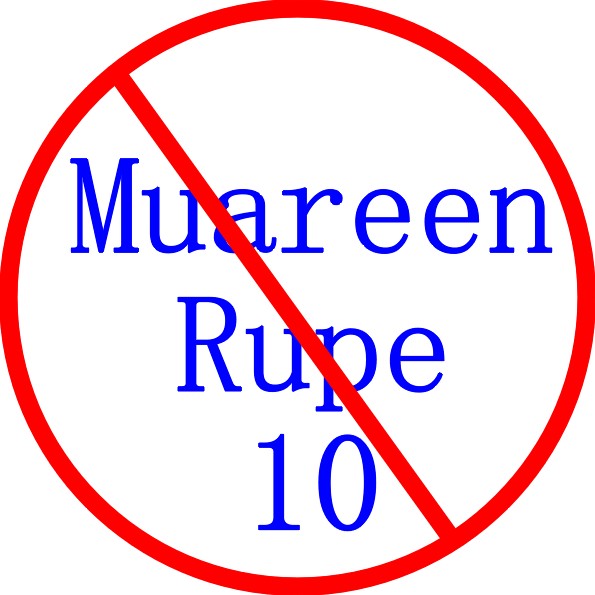
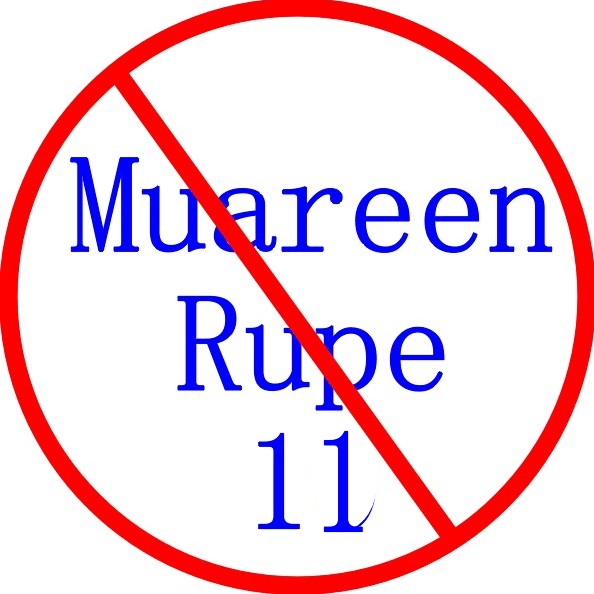
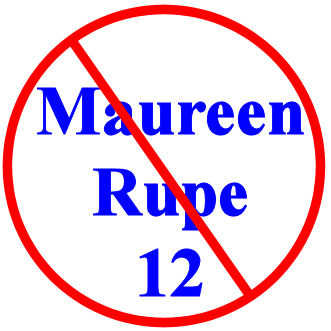
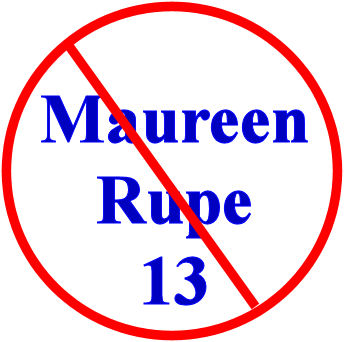
Coming Soon:

|

























